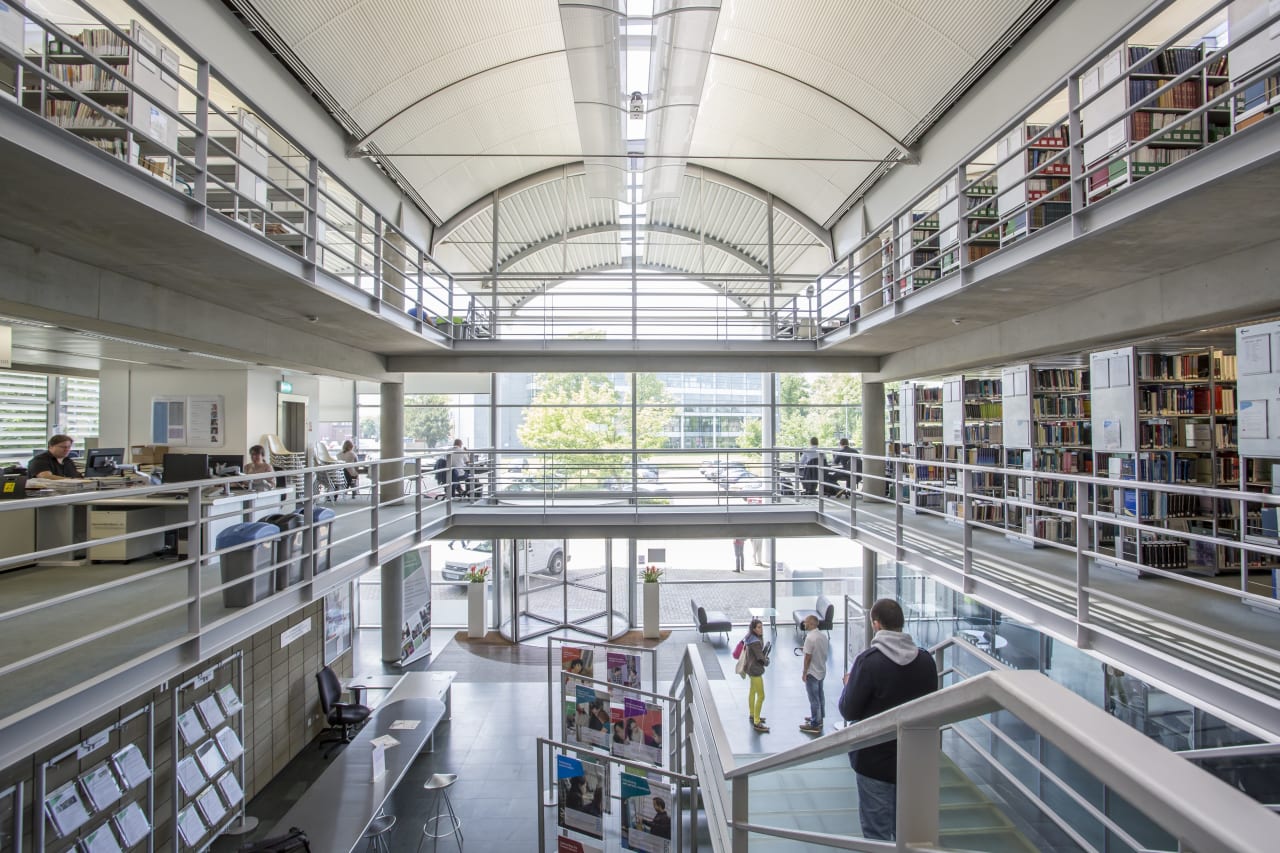
MDes in Design Thinking
Cranfield University

Key Information
Campus location
Cranfield, United Kingdom
Languages
English
Study format
On-Campus
Duration
1 - 3 year
Pace
Full time, Part time
Tuition fees
Request info
Application deadline
Request info *
Earliest start date
Oct 2024
* Although there are no set application deadlines, we recommend that you apply as early as possible to secure your place.
* Home: £11,910 Overseas/EU: £26,580
Introduction
Overview
Innovative companies today (large or small) strive for excellence to create the next breakthrough innovation - whether that be to advance technology, stay competitive in the market place, or to provide positive change for a more sustainable future. To achieve this, companies need to maintain their competitive edge, employing talented professionals with creative ideas and vision, coupled with the skills to pioneer with confidence. We believe that Design Thinking is a powerful process that when mastered will empower our professional learners to unlock their creative potential to generate novel ideas and to translate these ideas into tangible and impactful outputs for innovation.
This course has been carefully designed to advance your knowledge of Design Thinking and you will benefit from working alongside leading academics with confidence to generate convincing ideas in Cranfield’s world-class facilities. Cranfield’s strong industrial links provides you with the opportunity to apply Design Thinking in practice with a company, to improve your opportunity of job success, enhancing your professional skills and innovation design portfolio, and provide you with the ‘know how’ to develop your long-term career as a creative professional working towards a more sustainable future.
Gallery
Admissions
Curriculum
Course structure
The Design Thinking MDes is made up of three components: a formal taught component comprising five modules 40%, Group projects 20%, Individual project 40%.
Example modules
The MDes comprises of five assessed modules providing students with insight and skills in creative leadership, strategic design management, design thinking and innovation strategy, technology and prototyping and circular innovation.
Compulsory
- User Centred Design
- Design, Technology, and Prototyping
- Whole System Design
- Creative Enterprise and Entrepreneurship
- Project Management Introduction
Individual project
The individual thesis project offers you the opportunity to develop your research capability, depth of understanding and ability to provide world-class solutions to real problems in design strategy and leadership.
Group project
The group project experience is highly valued by both students and prospective employers. You will work in teams to solve an industrial problem. The project applies technical knowledge and provides training in teamwork and the opportunity to develop non-technical aspects of the taught programme. If you study part-time you can prepare a dissertation on an agreed topic in place of the group project.
Career Opportunities
Future career
Successful students have turned their dreams into a reality developing diverse and rewarding careers in product, manufacturing and service industries in the private sector, public sector organisations such as environmental protection agencies, non-governmental organisations (NGOs), and design, environmental and business consultancies.